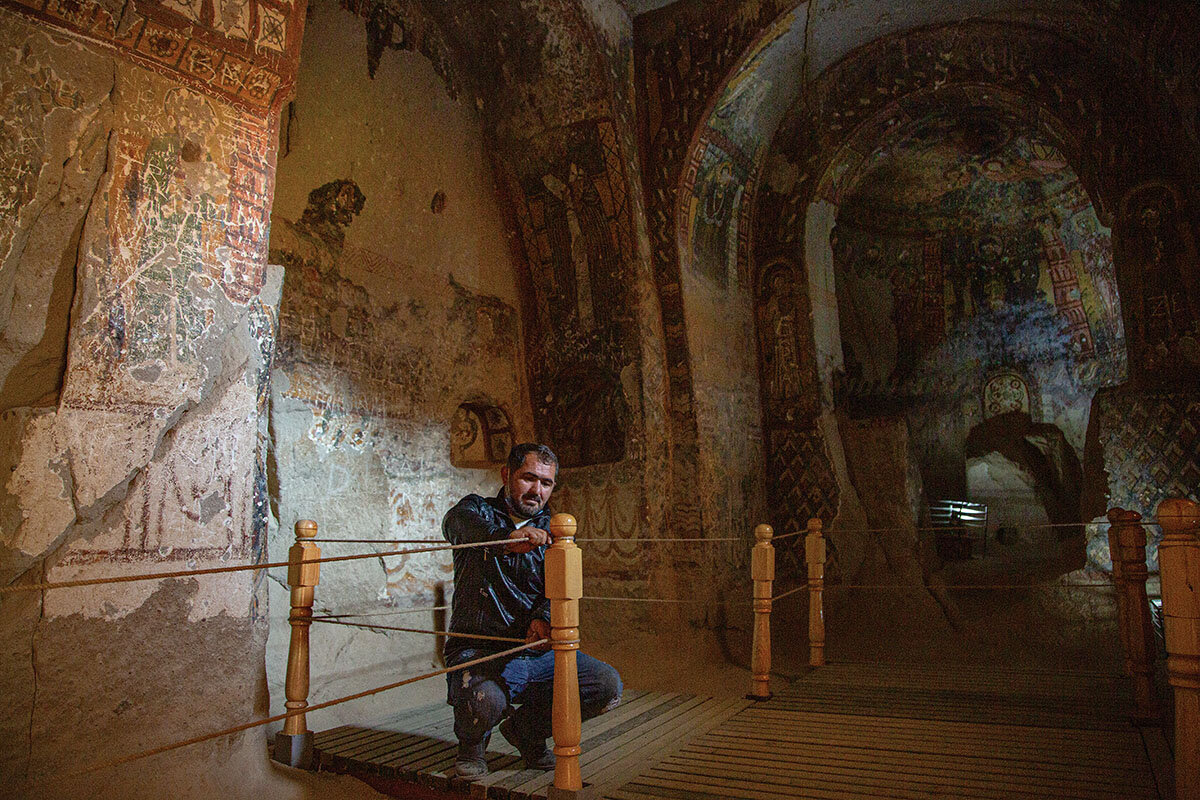Hope for progress has been in short supply in Libya. But after years of devastating civil war, we look at why local and outside forces may now be ready to unify around a single leader.
Monitor Daily Podcast
- Follow us:
- Apple Podcasts
- Spotify
- RSS Feed
- Download
 David Clark Scott
David Clark Scott
A new mother arrived in my neighborhood recently, creating a buzz.
Millipede and her 3-month-old baby right whale swam into Cape Cod Bay earlier this month. Her calf was born off the coast of Florida in December, and when spotted off Massachusetts her offspring “appeared to be quite healthy and independent,” said Center for Coastal Studies (CCS) researcher Brigid McKenna.
The mom and calf are part of a baby boom. The endangered North Atlantic right whale population is having its best calving season since 2012. So far, 18 newborn whales have been spotted. Only a total of 22 were born over the previous four years.
That’s significant because there are about 356 North Atlantic right whales left on this planet, and perhaps 100 are females. In the last century, the species was nearly hunted to extinction. Today, the most frequent cause of death is collisions with ships or getting tangled in fishing nets. Already, one of the 18 newborns has died after being struck by a sport fishing boat off Florida. Last week, a CCS Provincetown team managed to remove 300 feet of rope from a 16-year-old female in Cape Cod Bay.
Millipede (named for the pattern of scars left on her flank by a propeller) and her calf are “the hope for the future” of this species, said Dr. Charles Mayo of CCS. And by making the 1,200-mile journey from Florida, dodging ships and fishing nets, the pair have already shown a promising instinct for survival and resilience.










